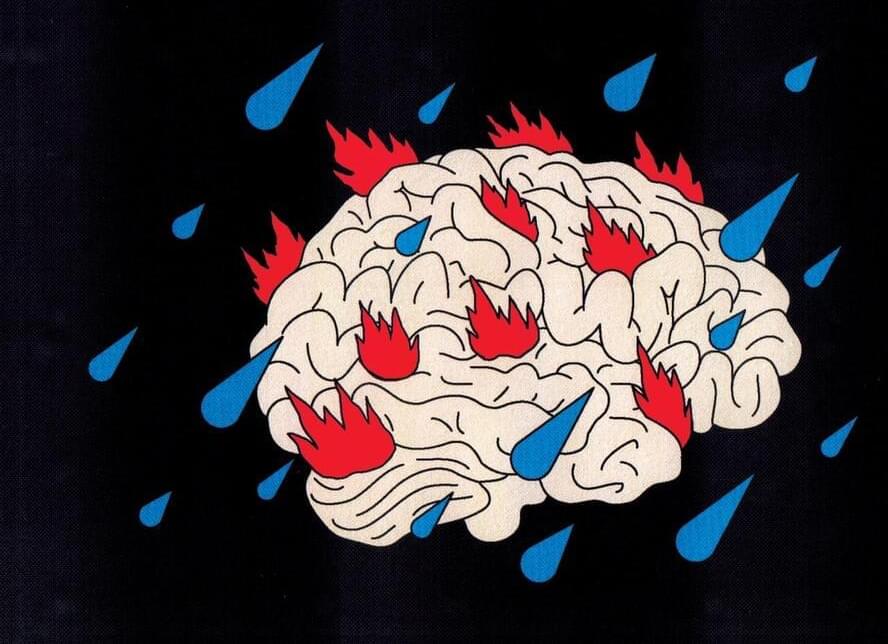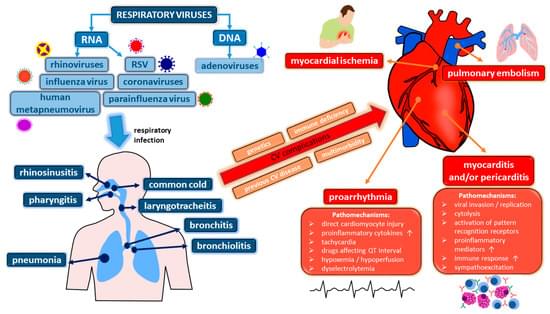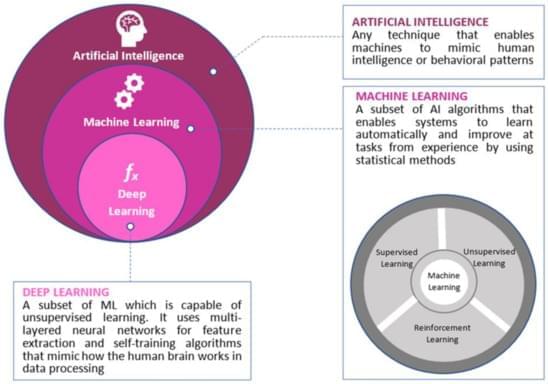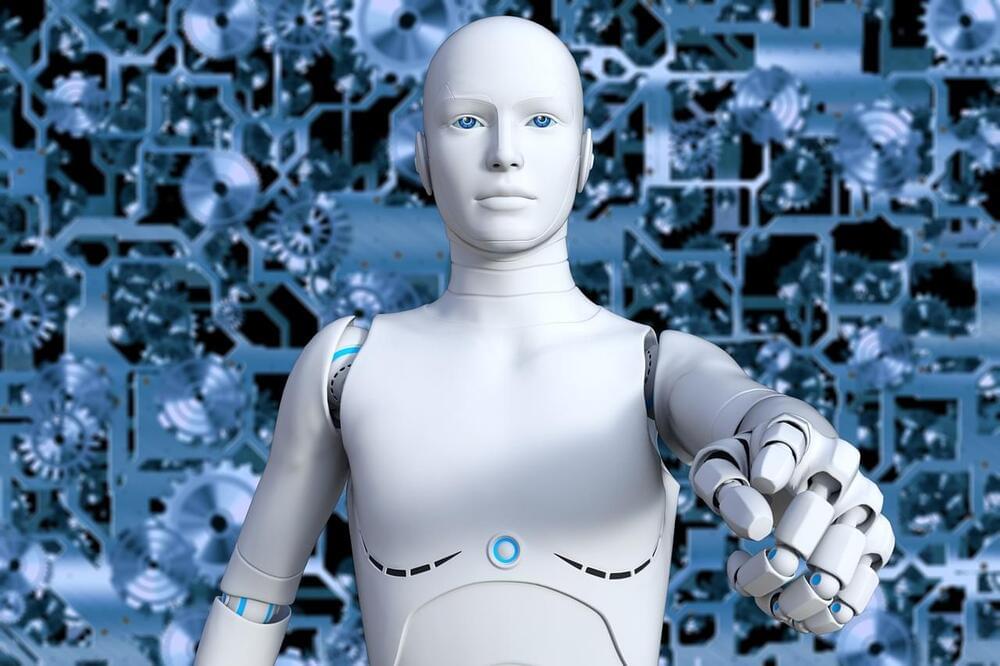Feb 25, 2023
Could Intelligent Alien Life be AI?
Posted by Dan Breeden in categories: alien life, existential risks, robotics/AI
Artificial Intelligence or AI more specifically strong AI or artificial superintelligence could possibly be the answer or the solution to the Fermi paradox. The Fermi paradox, named after Italian-American physicist Enrico Fermi, is the apparent contradiction between the lack of evidence for extraterrestrial civilizations and various high estimates for their probability of existence. The conundrum for the existence of aliens and more categorically intelligent aliens could be a much simpler solution that we’ve previously thought. To more broadly answer the question of intelligent aliens, we first have to think about whether it’s possible that we are a just a tiny spec in the vastness of space, the only place in the universe where intelligent life found its way to manifest Or maybe there is an abundance of intelligent life out there and we just haven’t found it yet. The search for extraterrestrial life is arguably one of the most all-encompassing scientific quest endeavours of our time. How would we know if we had found alien life? It would be interesting to find something that looks like intelligent alien life, but is not actually alive. It could be a space probe. Or a satellite. We often imagine extraterrestrial life as having a face, because we can’t figure out what it would look like. But if we were to find intelligent alien life, we might not immediately know what it is. Our guesses till recently were random mixtures of biological forms. An advanced civilization however could also be able to engineer machines or digital living forms with the exact same properties as biological forms. A growing number of scientists believe that the aliens we are looking for are in fact AI. It is quite possible that some civilizations could have transcended biology all together to become artificial superintelligence.
#Aliens #AI #ScienceTime.









 עברית (Hebrew)
עברית (Hebrew)








